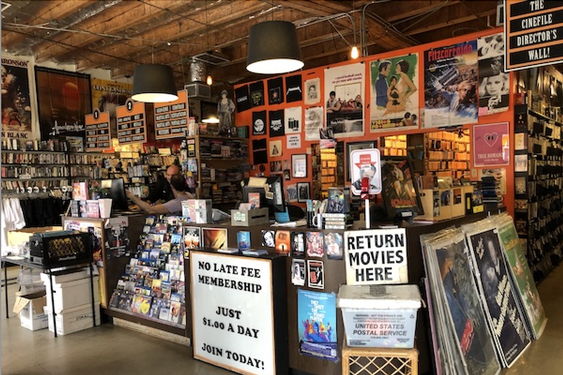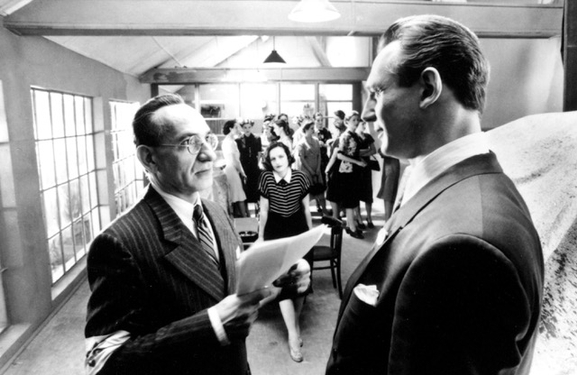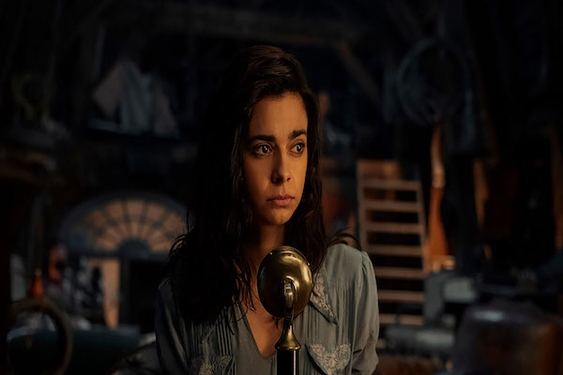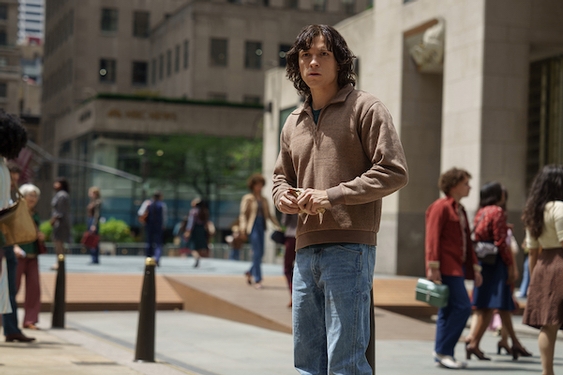We’ve all heard it before from friends, parents and random friends of parents who seem to have an opinion on the matter: the film industry can be brutal. And we all probably reacted in the same way by nodding and dismissing it by saying, “Yes, yes, I know.”
But no matter how hard the idea is driven into us, nothing compares to actually moving to Los Angeles and living, or trying to, as a 20-something in Hollywood.
How do we do it? Is enduring the so-called brutality worth it?
As you’ve probably guessed, the answer is wildly dependent on you and you alone. Film school, a high-up connection and a big salary are all good and well, but none of that can determine your passion and willingness to fight against some pretty big odds to establish a healthy and meaningful career.
Just ask any 20-something in the industry from various backgrounds and with various goals, and you’ll hear a different answer about how we exactly all got here and how we manage to keep going. Is it the film degree or playing in the actual field that gets us where we need to be?
For instance, *Patrick Johnson, 27, and Chris Westlund, 26, both studied film at Ohio University, but they both managed to establish themselves in Hollywood in very different ways.
Johnson, who now works as a script coordinator for major network television show, claims it all started with a report he wrote in sixth grade about a TV writer.
“During my first internship in Los Angeles in 2009, I reached out to this writer, sat down with him for two hours, and at the end of the conversation he essentially said, ‘well, how would you feel about interning on the first few episodes of ‘Modern Family?’ -- and that's precisely what I did. I owe my entire career to that writer who believed in me only after a two-hour lunch,” recalled Johnson.
Westlund, on the other hand, a freelance cinematographer without an L.A. connection, had a bit more digging to do once he arrived in the big city. “I didn't have a job when I moved, so I immediately went to online to employment sites, like Craigslist or Mandy, and replied to every job posting with the word ‘camera’ in the title,” he shared.
Even though Westlund has established himself as a prominent short form cinematographer under the moniker nautico, the freelance world is a consistently tricky business. “You can't always plan for work; it just happens (or doesn't happen),” he said.
What Johnson and Westlund do have in common, however, is how they value their film school experience.
Westlund summed it up by modestly claiming, “I probably wouldn't have moved so quickly or landed some of the jobs I've been able to land if it weren't for my time at OU.”
Twenty-four-year-old UC Santa Cruz graduate Addie Stevenson agrees, even if it may trivialize her current job at a prominent movie trailer company.
“Generally, anyone can do my job,” she explained. “You don't need a degree to learn how to change a light bulb or how to stock a refrigerator. But, with the degree, I have a respect for the industry that most people might not have… And all that film knowledge is fun to yell out at trivia.”
Many of us find that film school may not be worth all the bells and whistles, but it fuels a fire and allows us all to garner a depth of understanding of the film medium beyond what we would explore ourselves.
Whether you work a consistent 9-to-5 job or traverse the more precarious waters of the freelance world, there’s one thing we can all agree on: living in L.A. doesn’t make it easier.
“Los Angeles isn't the cheapest city and, occasionally, in order to move ahead you have to be willing to quit your job to take the interviews and/or meetings you need to get to the next level,” said Johnson. “It's a sick little cycle sometimes. But I've never even come close to throwing in the towel -- writing for television is what I've worked my entire life for.”
In the administrative world, Stevenson also faces moments where everything and everyone just seems…well…unsavory.
“I would have to say the worst part about the industry is knowingly (and willingly) doing a job that is beneath your intelligence level… But, even with all the days that you feel like a worthless piece of sh** I've never considered entering another industry. This is where I want to be,” she said.
It’s this kind of attitude that drives the industry to be what it is. We, an army of youngsters ravenous to achieve something worth the struggle, are masochists in a sense, testing each other with how much quicksand we have to wade through before we gain ground or break. With the industry becoming increasingly competitive and some of the rewards seemingly getting smaller and harder to reach, our strides are getting longer, and our skin is getting thicker,
And our caffeine intake is becoming entirely unnatural.
*Names have been changed.











